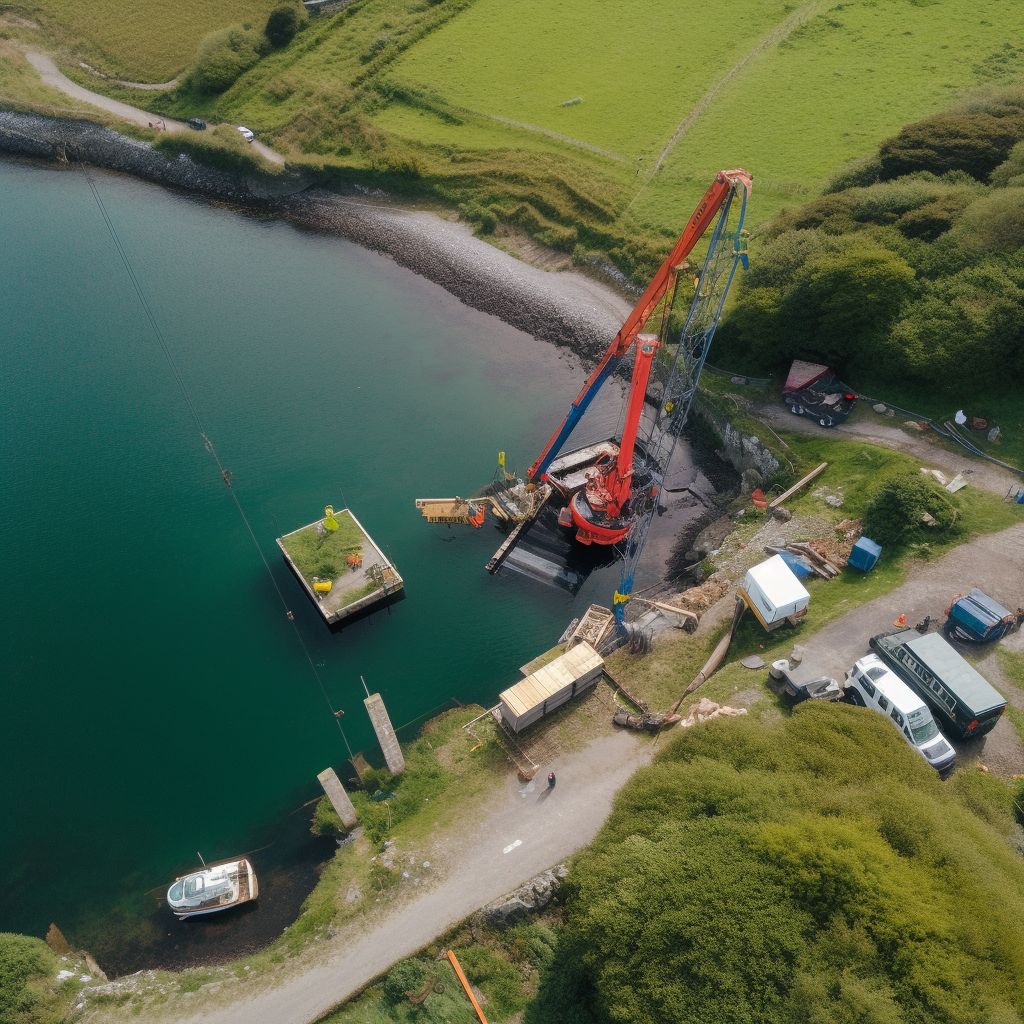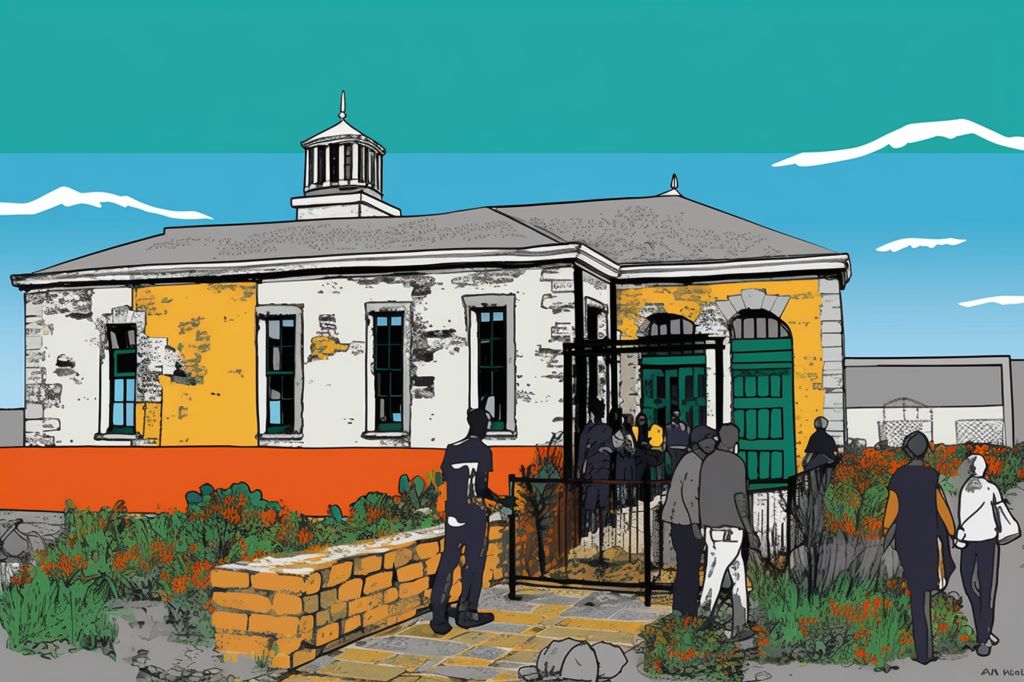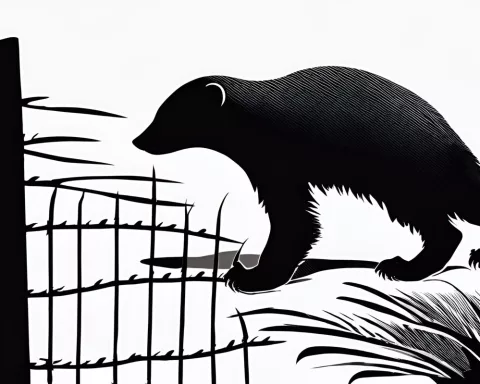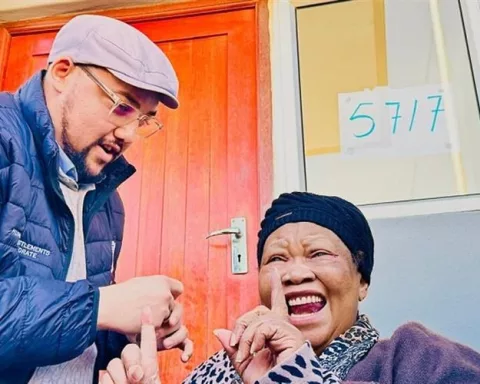The South African Post Office (SAPO) has faced numerous challenges in recent years, including financial difficulties, strikes, and mismanagement of funds, leading to its provisional liquidation. Despite these setbacks, the Minister of Communications and Digital Technologies has reassured the public that efforts are underway to save the entity.
SAPO’s Mandate
At the heart of SAPO’s mission is to provide affordable and convenient postal, logistics, financial, and government services to all citizens throughout the country. However, a decrease in letter volumes and the rise of electronic financial platforms have resulted in reduced revenue, posing a significant threat to the entity’s sustainability.
The Post Office of Tomorrow Strategy
To address the evolving needs of the people in the digital era, Cabinet has approved the Post Office of Tomorrow Strategy. This strategy concentrates on repositioning SAPO to become a leading logistics service provider, logistics service partner, e-commerce hub, digital business hub, and a designated authentication authority.
SAPO Amendment Bill
The SAPO Amendment Bill has been introduced to Parliament for processing, with the primary goal of repositioning and modernizing SAPO and continuing to serve millions of South Africans over the past two centuries.
A Commitment to the Future
In conclusion, SAPO has played an essential role in South Africa’s development, and initiatives are underway to ensure its survival and ongoing service to the nation. The Post Office of Tomorrow Strategy and SAPO Act amendments are steps toward modernizing and repositioning SAPO to meet the needs of citizens in the digital age. The government is committed to working collaboratively with South Africans to revitalize the South African Post Office and ensure its continuation for generations to come.












